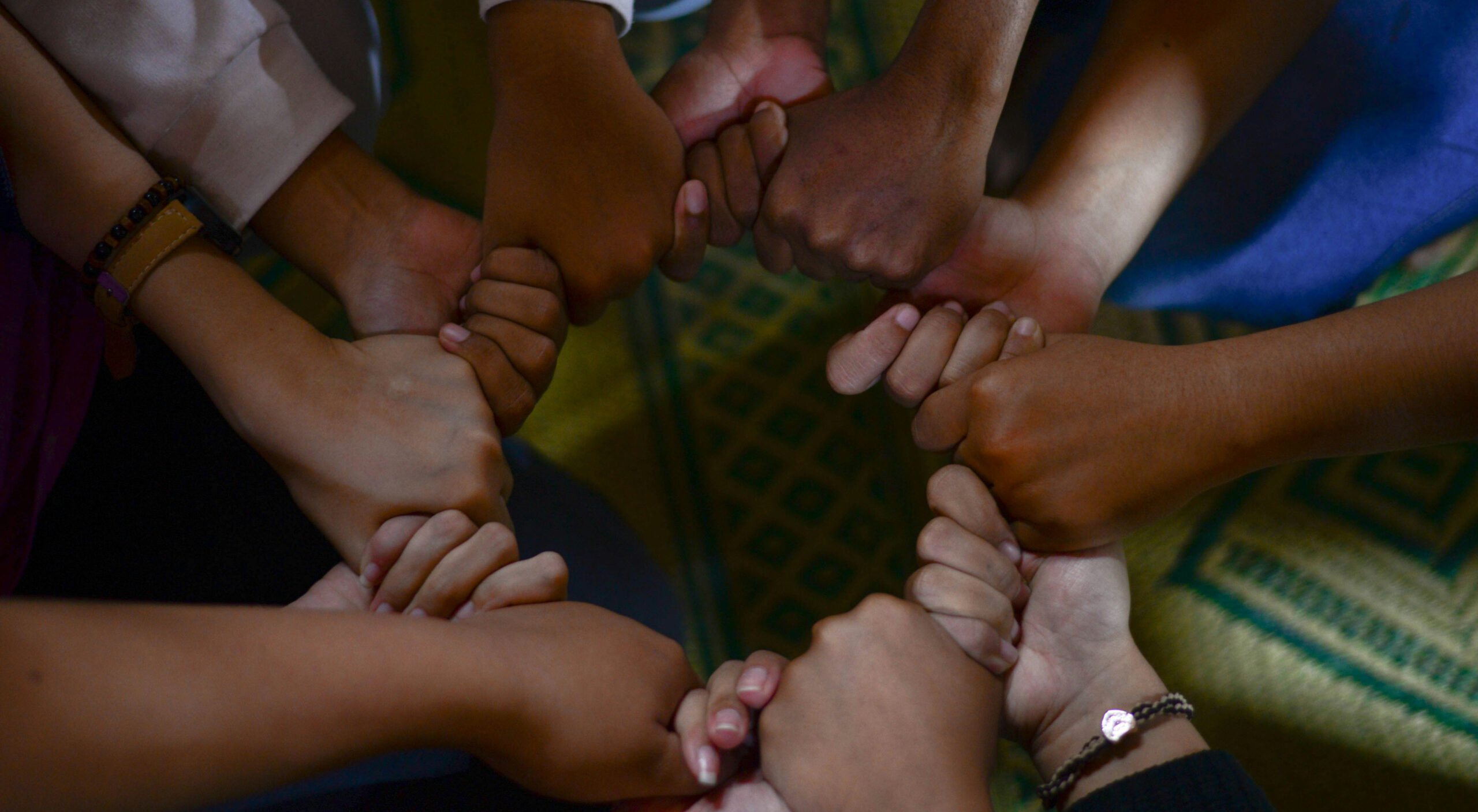American Alliance for Equal Rights v. Fearless Fund: Implications for Race-Based Grant Making

The recent 11th Circuit Court ruling in American Alliance for Equal Rights v. Fearless Fund has significant implications for charitable organizations that use race as a factor in grant-making. The Fearless Foundation, a charitable organization exempt from income taxation under Section 501(c)(3) of the Internal Revenue Code of 1986, as amended (the “Code”), is facing legal challenges over its Fearless Fund, a race-based grant program dedicated to supporting Black female entrepreneurs. The 11th Circuit enjoined the Fearless Foundation from further grant-making while the parties continue to litigate the constitutionality of race-based charitable giving. This decision has brought to the forefront the complexities of considering race in grant-making and has prompted a reevaluation of how — and if — charitable organizations lawfully can support minority communities through grants. Importantly, this case sets up significant questions concerning the interplay between the prohibition of racially discriminatory contracting under the 1866 Civil Rights Act and the right to expressive conduct protected by the First Amendment — and the historical basis for allowing private actors to make grants aligned with their preferences.
The Fearless Fund’s mission is to address not only historical discrimination in businesses and workplaces but also current racial disparities in venture capital funding. Less than 1% of venture capital funding supports businesses owned by Black and Hispanic women. To address these disparities, the Fearless Fund previously sponsored the Strivers Grant Contest, which provided grants of $20,000 to businesses that are majority owned by Black women to “bridge the gap in venture capital funding for women of color.” These were the grants the plaintiff sought to enjoin.
The plaintiff, American Alliance for Equal Rights, itself also a charitable organization exempt from income taxation under Code Section 501(c)(3), argued that the Fearless Fund’s race-based grant-making practices were discriminatory under Section 1981 of the 1866 Civil Rights Act, which prohibits racial discrimination in contracting.
The federal district court that first ruled on this case reasoned that the Fearless Foundation’s grants were “expressive” conduct and thus protected by the First Amendment, following a long-held interpretation of other race-based grant programs, and therefore denied the plaintiff’s request for a preliminary injunction.
However, the 11th Circuit agreed with the American Alliance for Equal Rights and entered an injunction preventing the Fearless Foundation from finalizing its current application cycle. The 11th Circuit reasoned that the Fearless Fund’s grants were “contracts” under Section 1981, and not charitable donations protected by the First Amendment’s right to expressive conduct. The Circuit Court determined the contest for these grants actually constituted a bargained-for exchange of value. It then entered an injunction after finding the American Alliance for Equal Rights was substantially likely to succeed on the merits of its claims because the Fearless Foundation’s contest “unquestionably creates an absolute bar to the advancement of non-black business owners.”
The 11th Circuit’s ruling underscores the legal challenges faced by private charitable organizations trying to use targeted grant programs to address racial disparities. In a 2-1 decision, the panel did not distinguish between charitable activity, which has strong protection under the First Amendment, and commercial activity, which is less protected. The panel determined that the First Amendment only protects the right to harbor “bigoted views” but not the practice of enacting race-based bars.
The 11th Circuit’s ruling suggests there may be increased legal scrutiny of private sector race-conscious programs, including grant-making by charitable organizations. After the Supreme Court’s decision in Students for Fair Admissions v. Harvard, 600 U.S. 181 (2023), many private companies began to tweak their Diversity, Equity, and Inclusion (DEI) programs to avoid legal challenges. Litigation in this area is evolving, and another circuit court could reach a different conclusion than the 11th Circuit reached in this case.
Though, at this point, the Fearless Fund case is binding only on organizations in the 11th Circuit, all charitable organizations hoping to offer race-based grants may wish to reevaluate their own programs and consider how they can enact their equitable goals while also reducing their legal risk. This may involve shifting from race-based criteria to other criteria that can still address systemic inequities without explicitly focusing on race. For example, organizations could consider socioeconomic status, geographic location, or demonstration of overcoming adversity. Some charitable organizations have begun to shift their focus to low-income individuals, first-generation entrepreneurs, or those operating in underserved communities, which can help ensure that the grants further the charitable purposes of the organizations. By rethinking charitable approaches within a new legal framework, organizations can continue to promote equity and opportunity.
In This Article
You May Also Like
ERC Voluntary Disclosure Program to Close on Nov. 22, 2024 IRS Ruling Confirms Entities With No Assets or Income Can Qualify as REITs